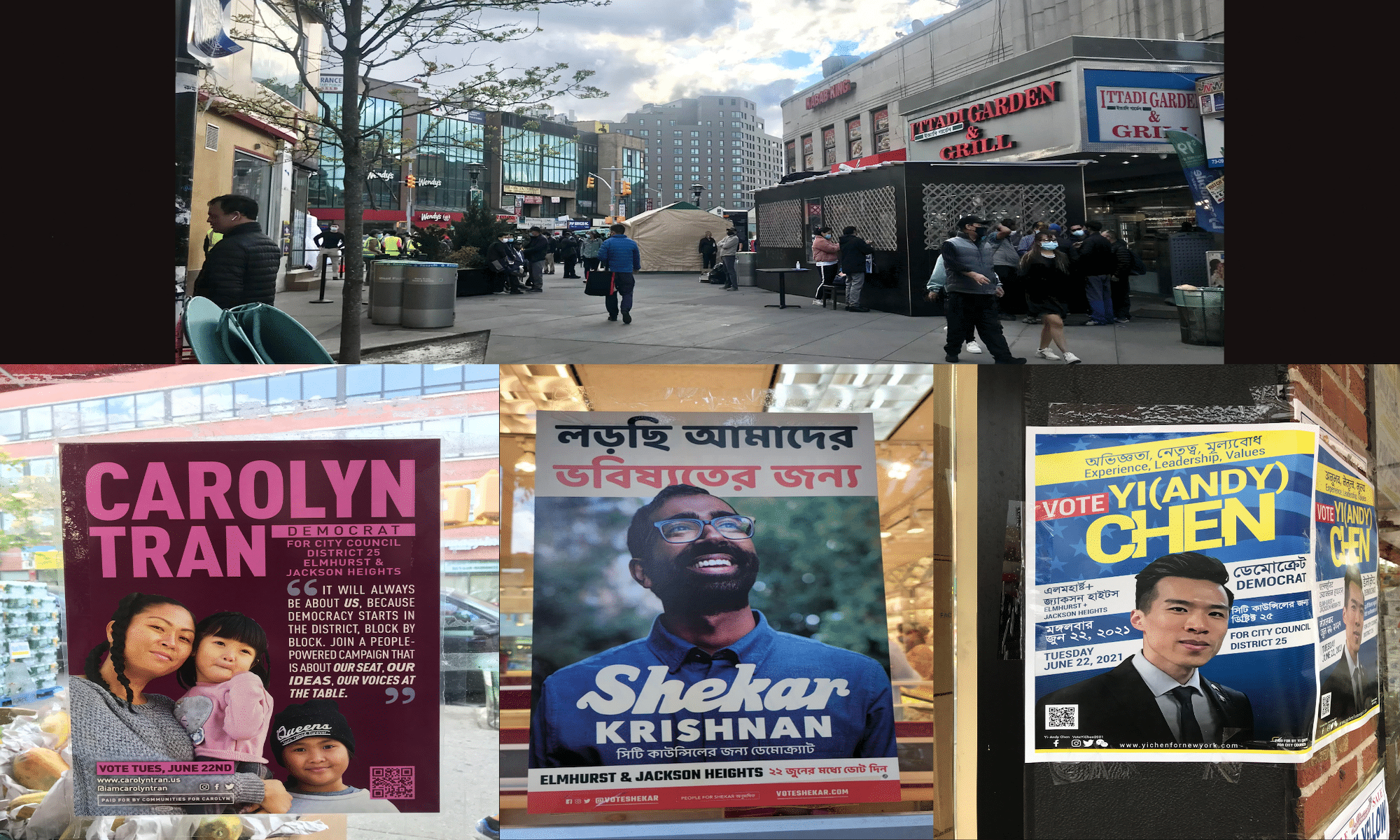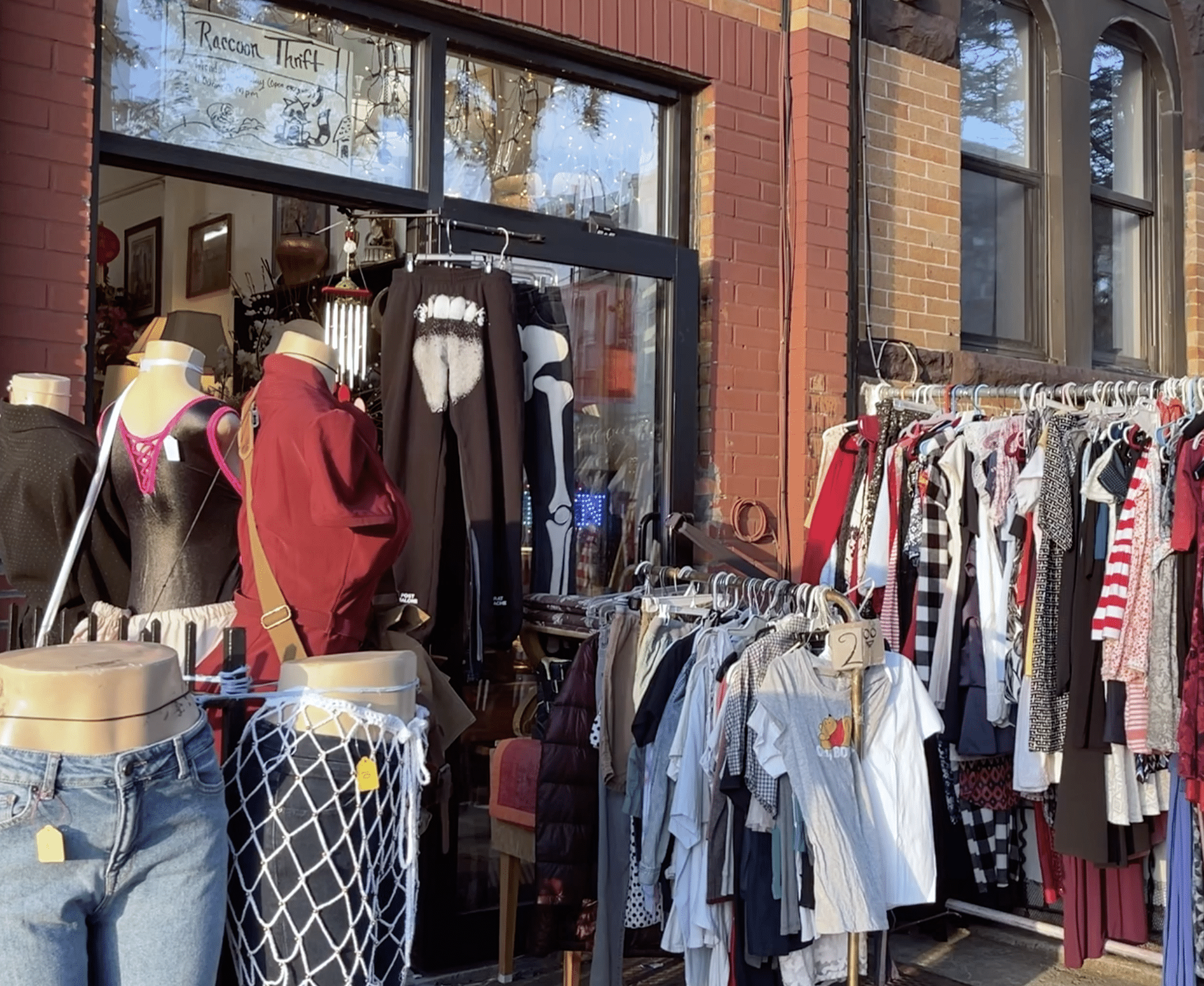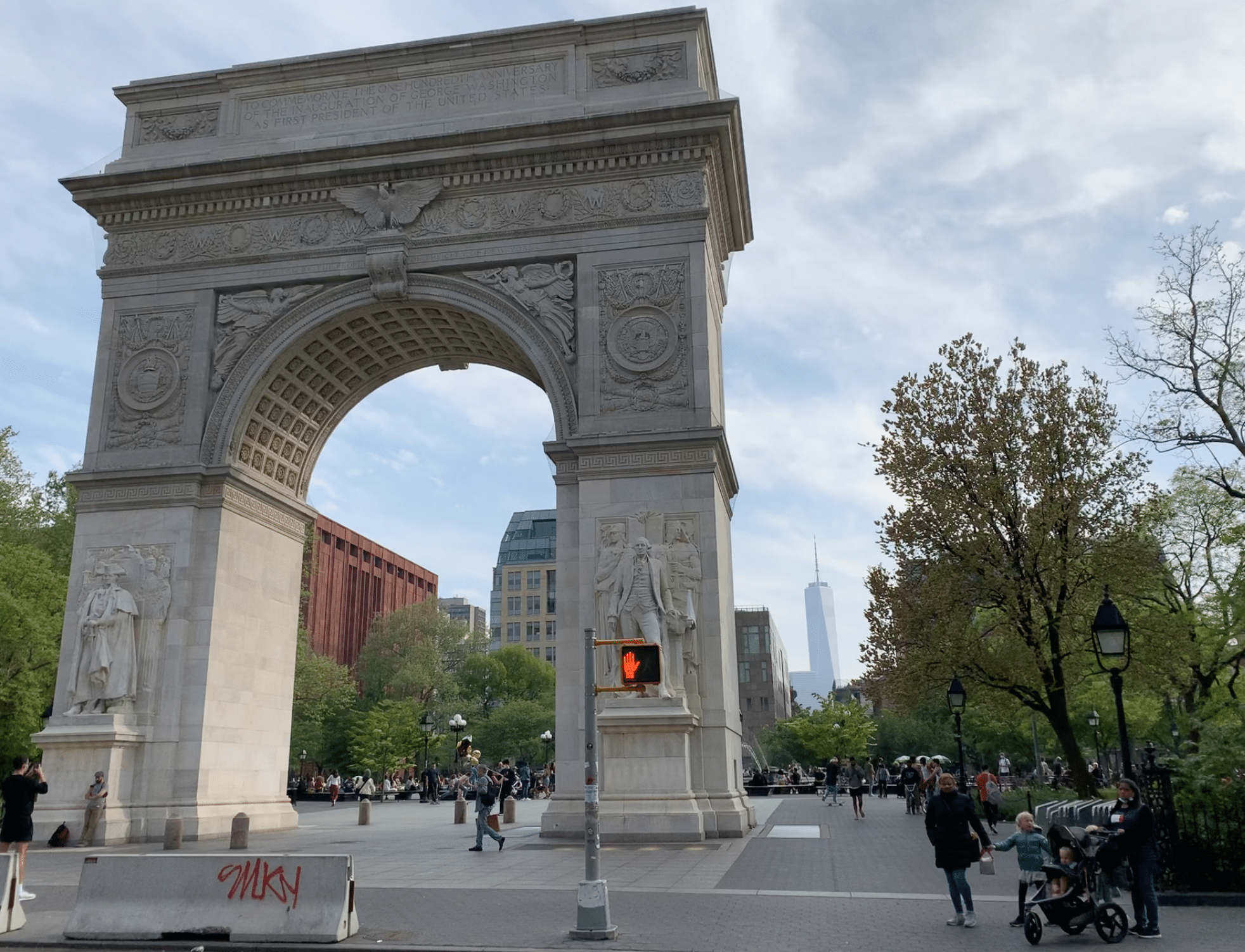“Influencers” being captured by a phone on a tripod as they film a promotional video. Creative Commons License through Pexels.
In light of growing concerns over the increasing pay disparity between influencers and essential workers, many are now questioning the societal value of such high earnings. Recently, the U.S. Bureau of Labor Statistics highlighted that essential workers, such as teachers, make far less than influencers, with some influencers earning as much as $75,504 annually. As the influencer economy thrives, experts are starting to push for a reevaluation of how society prioritizes professions that truly serve the public good.
Is it truly fair to reward influencers with salaries rivaling those of degree-holding professionals, especially when their careers are often short-lived and contribute to the growing environmental crisis of consumerism?
No! Influencers are undeniably overpaid when considering the unequal value placed on their work compared to essential professions.
Influencers now earn salaries comparable to traditional professionals without requiring formal education. For example, influencers can earn an average of $75,504 annually, similar to the median salary of nurses, which is approximately $77,600. While nurses spend years in education and training, influencers build their income through social media platforms by monetizing content via sponsorships, brand deals, and engagement. The rise of programs like TikTok’s Creator Fund allows influencers to earn based on video views, and top-tier influencers can earn substantial sums per post. This shift reflects a growing trend where personal branding and online influence can generate income equivalent to that of traditional professions, though these careers tend to be short-lived and highly competitive.
The influencer economy thrives on promoting consumerism, often encouraging its followers to purchase unnecessary products. This behavior contributes to a culture of overconsumption and worsens environmental issues such as waste and pollution. For instance, the fast-fashion brands frequently endorsed by influencers contribute to 10% of global carbon emissions. These brands produce millions of tons of waste annually, and when influencers showcase dozens of clothing hauls or promote single-use items, they encourage unsustainable consumption habits, directly adding to the growing climate crisis. Despite their financial rewards, influencers’ impact on the environment highlights the ethical concerns tied to their immense earnings.
Despite their high paychecks, influencer careers are often short-lived, making their compensation disproportionate when compared to traditional professions. Platforms like TikTok face uncertainty, with the U.S. government planning to ban TikTok by 2025 due to data security concerns. Social media trends are also unpredictable, and many influencers struggle to remain relevant as algorithms change or audiences lose interest. This instability contrasts with traditional careers, where workers build stability and pensions over decades.
Influencers have played a significant role in making thrifting trendy, encouraging people to buy second-hand clothes as a sustainable fashion choice. The rise of “thrift haul” videos on platforms like TikTok and YouTube has showcased the benefits of thrifting, positioning it as an eco-friendly and affordable alternative to fast fashion. This shift toward second-hand clothing is, in many ways, beneficial for the environment by promoting sustainability and reducing the demand for new production. As people become more aware of the environmental impact of fast fashion, thrifting offers an opportunity to support a circular economy by extending the life cycle of garments.
However, the growing popularity of thrifting has started to drive up prices in thrift stores, which contradicts its original purpose of providing affordable clothing options for those in need.
Influencers are reaping enormous rewards, but many workers in vital fields continue to struggle. While influencers can earn massive salaries, essential workers like teachers and nurses work tirelessly for far less. It’s time to question where our priorities lie. Society must reconsider how we value professions that truly contribute to the well-being of our communities. If we want to foster real change, we must start by reevaluating how we compensate those who serve us most.
Tags: influencers Kiana Soriano thrift haul. Eco-friendly thrifting TikTok TikTok creator fund wage-gap YouTube






